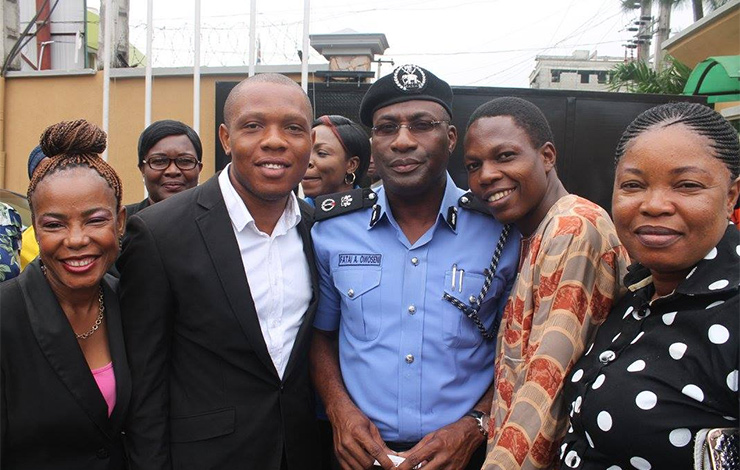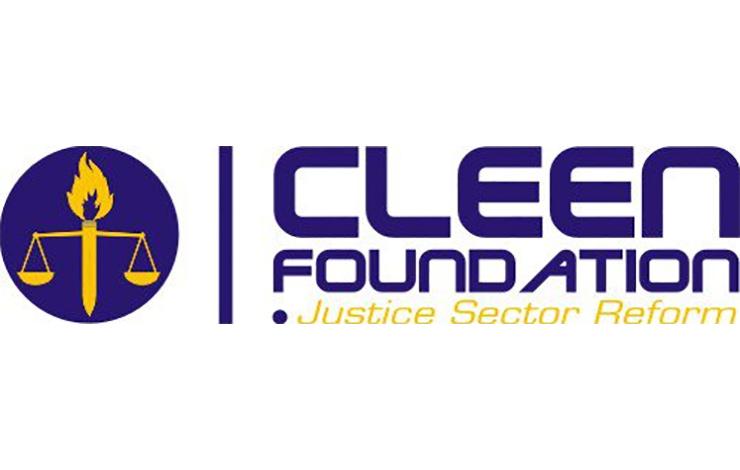In response to the police’s inability to address rising levels of crime and conflict in Nigeria, citizens have turned to informal police networks for their protection. Unfortunately, informal police do not receive basic training on Nigeria’s laws or have a standard code of conduct. To build the capacity of informal policing groups, the CLEEN Foundation developed a code of conduct, provided basic legal training, and facilitated communication between the formal and informal police. Due to its success, this program was subsequently expanded both within Nigeria and throughout West Africa.
Challenge

Due to the police's inability to prevent and address surging crime waves, the people of Nigeria have turned from formal law enforcement agencies to informal police networks for their protection. These informal police networks (including neighborhood watch groups, religious groups, and ethnic militia) operate parallel to—and sometimes against—Nigeria’s official law enforcement. This has created challenges, as there is no standard code of conduct for informal policing, many informal police are unaware of the laws they should be enforcing, nor are they trained with basic policing skills. Unfortunately, the relationship between the police and these informal police is often far from cordial, and the brunt of this tense relationship is usually borne by the very people the police are seeking to protect.
Program Summary
To address these challenges, the CLEEN Foundation developed a legal framework and code of conduct that would regulate the activities of informal policing groups. The program design opened channels of communication between the formal police and informal police, and maximized the strengths of informal groups, such as their proximity to local communities. It also provided informal police training on laws and appropriate conduct.
Impact
Although the project started by training only 50 informal police, it has since expanded both within Nigeria and throughout West Africa. The CLEEN Foundation established a fee-based system to ensure the program’s sustainability (training of informal police and consultations between formal and informal police) and the program is now operating in Lagos and in the Nigeria oil delta. The CLEEN Foundation has also received funding to replicate their efforts in Niger, Mauritania, Cote D’Ivoire and Guinea. Moreover, the relationships established with the Nigerian government and between formal and informal police groups will enhance the collaboration of these groups moving forward.
Partners
The CLEEN Foundation partnered with:
- The Federal Capital Ministry
- The Federal Capital Territory Police Command
- National Human Rights Command
- Area Councils in Abuja
- Numerous non-governmental associations, like the Market Traders’ Association and the Police-Community Relations Committee.


